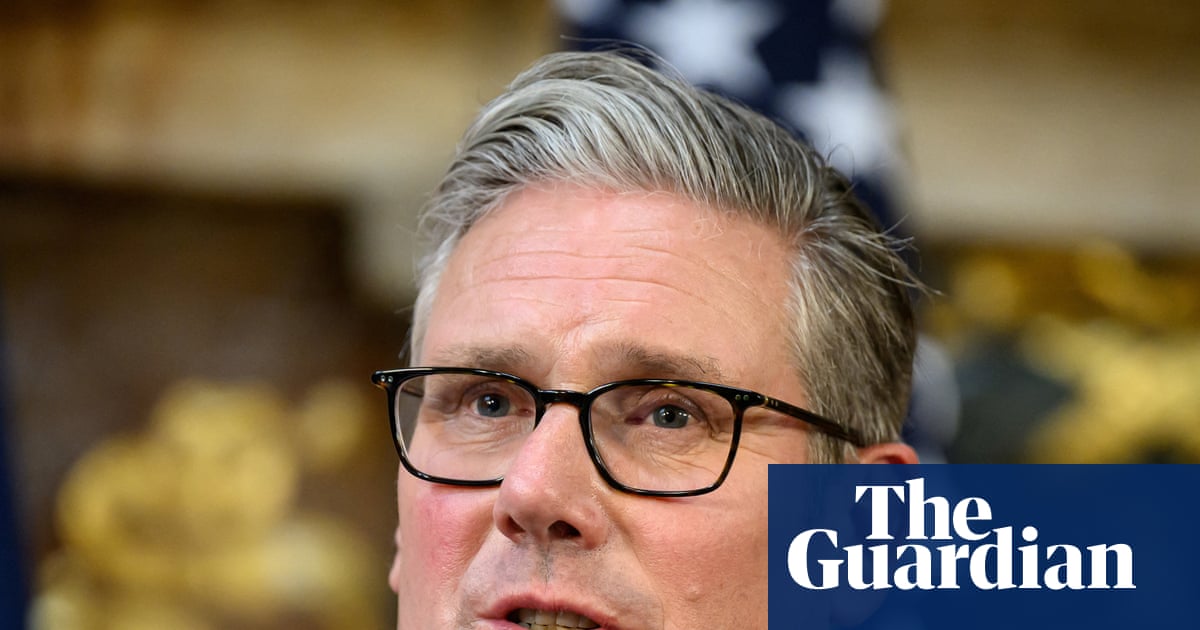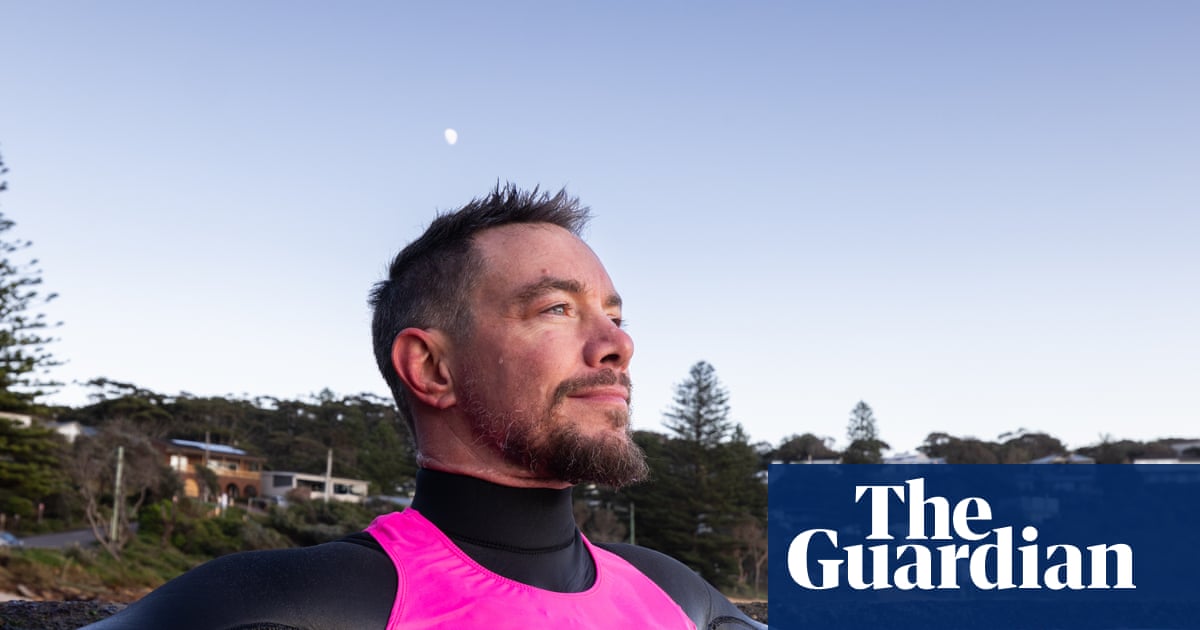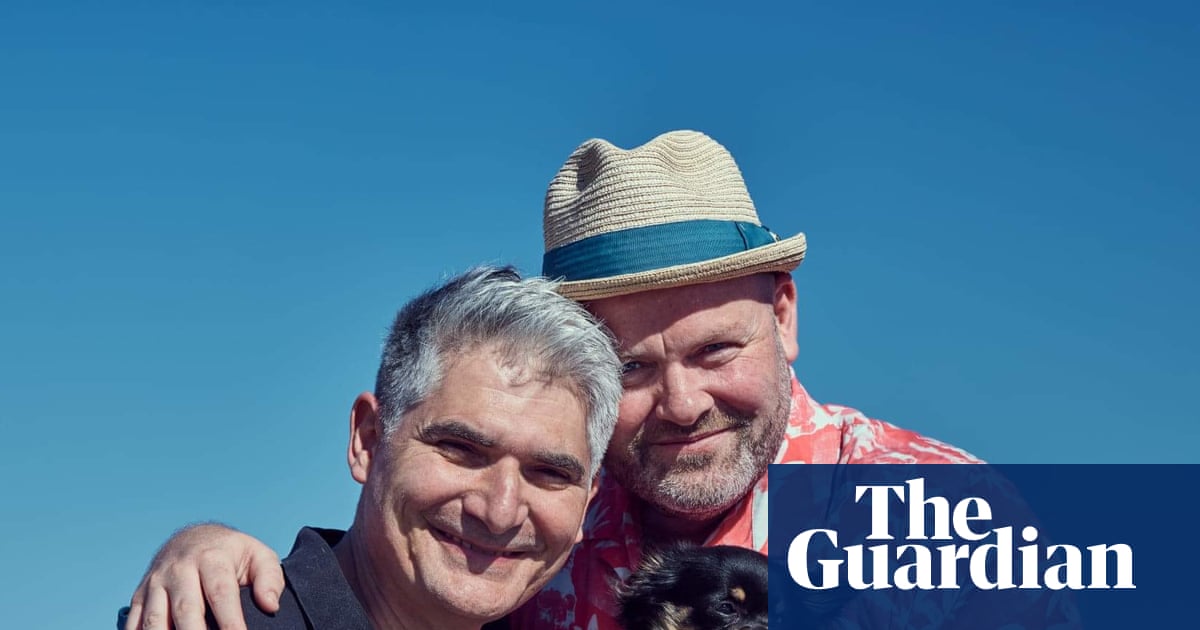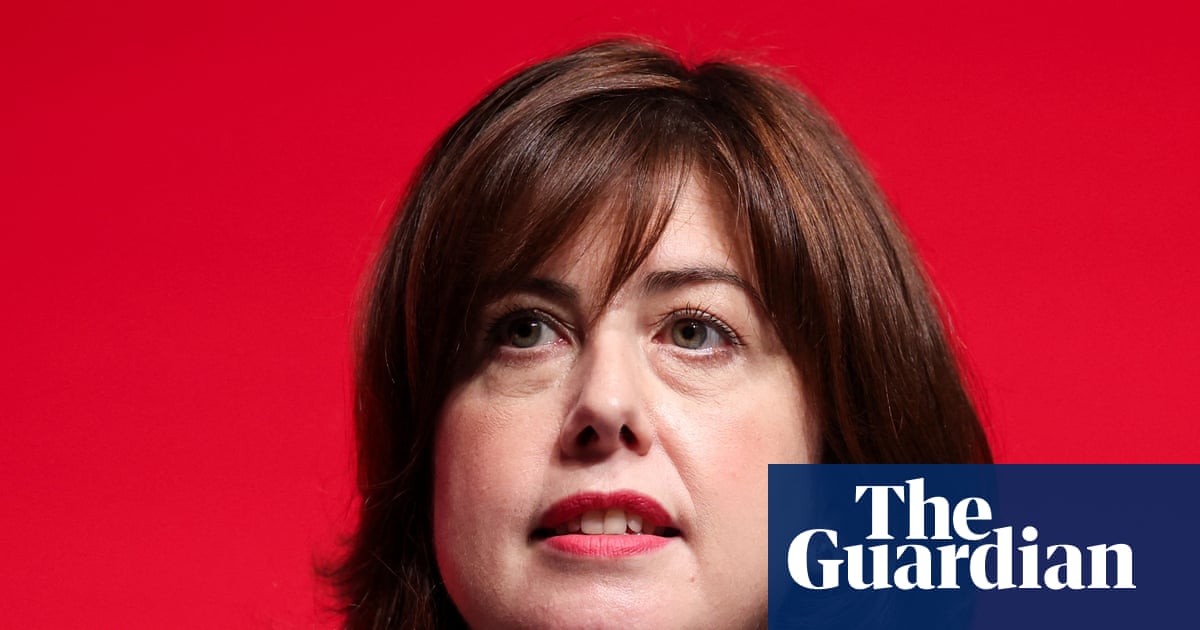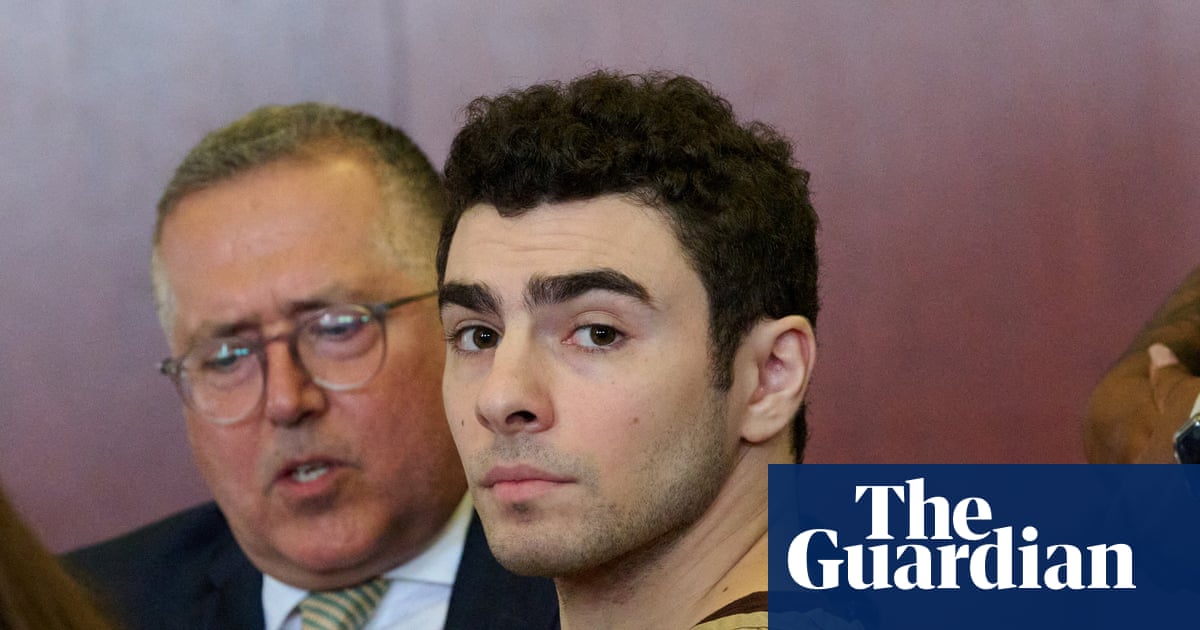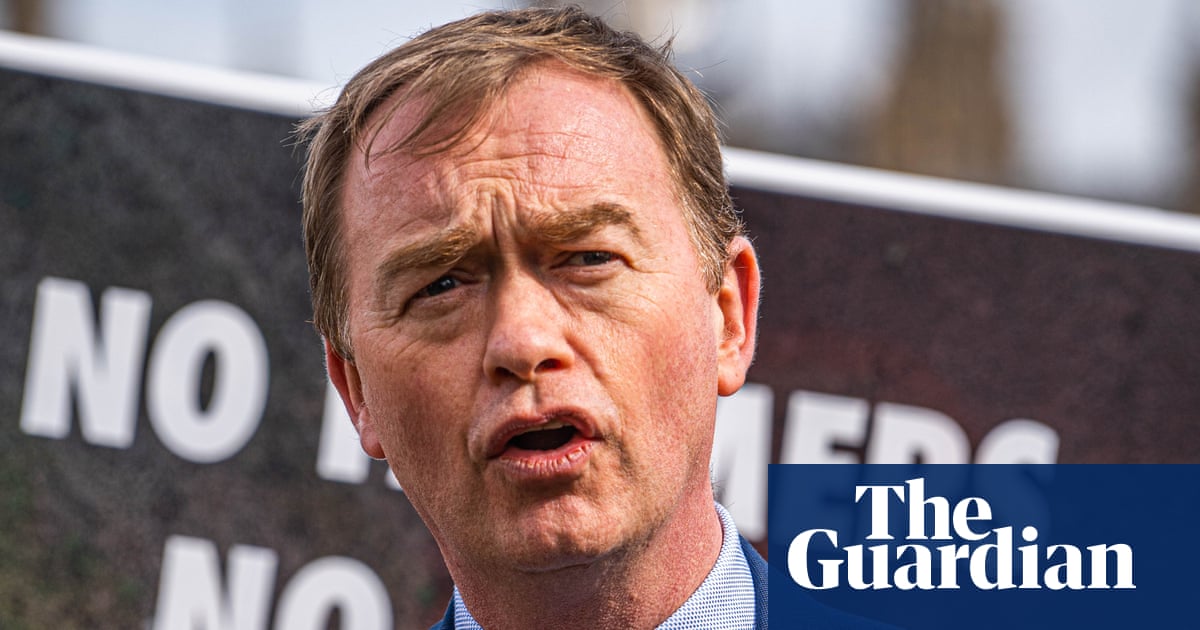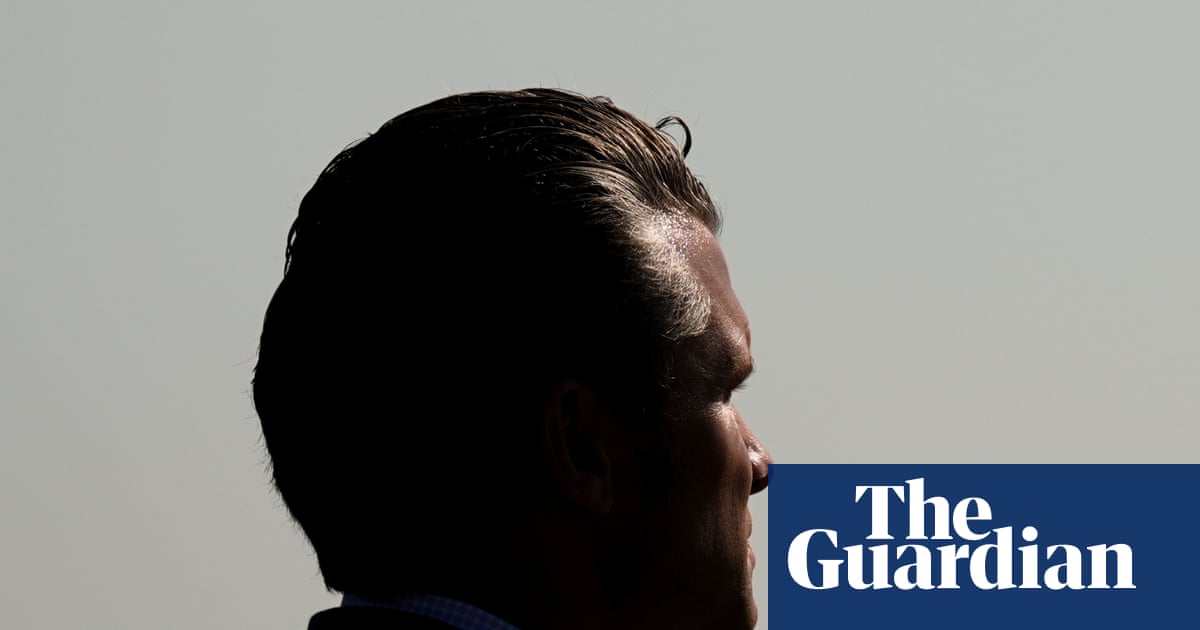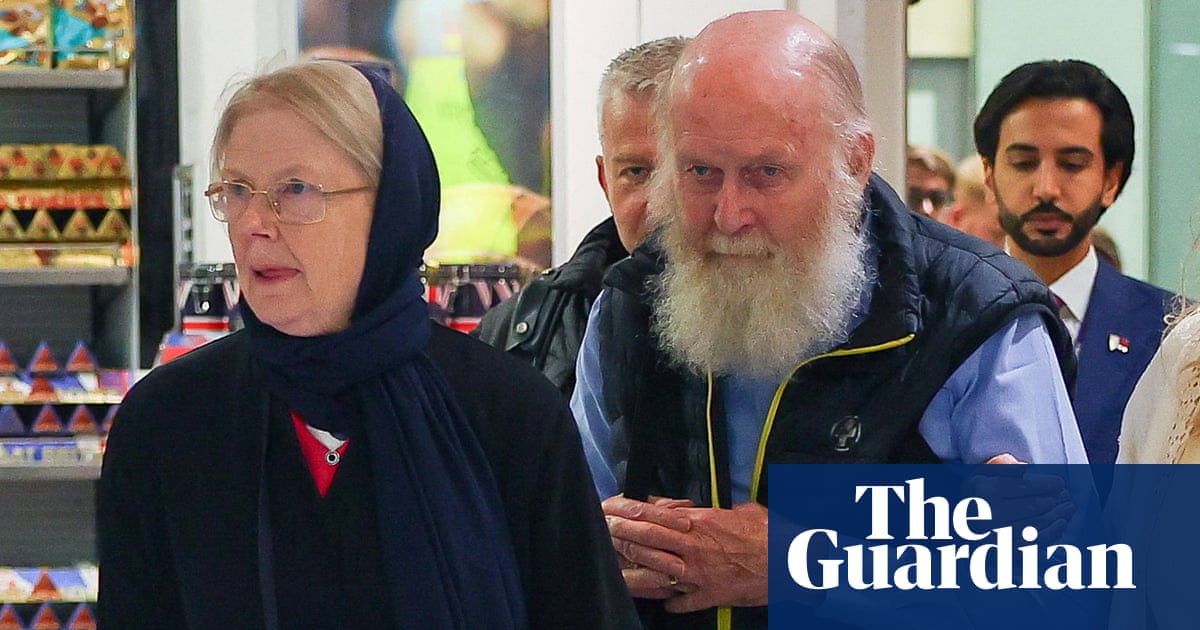It was probably easier for Steve Reed to feel more cheerful about Labour’s most torrid week in government while sitting on bales of hay in the blazing sunshine about 40 miles from Westminster.
The environment secretary might have sympathised with Rachel Reeves and Liz Kendall – he has experience of bearing the flak for some of the government’s most controversial decisions on family farm taxes – but at Hertfordshire’s Groundswell festival, named the Glastonbury for farms, he may simply have been happy not to be pelted with manure by unhappy farmers.
Reed said he remained relatively relaxed about Labour’s struggles during its first year in government and that tangible change in people’s living standards would start to make a difference to the party’s popularity.
“Fundamentally, we won the election with a set of problems to solve,” he said. “You’re solving tricky problems so there are going to be bumps along the way. But on the whole, have we made progress? We’ve made significant progress.”
It was obvious in hindsight, he said, that Labour in government would quickly become the target of people’s anger about their living standards. “People have lost trust in politics. So that moved to Labour when we went into government. We became the establishment,” he said. “Politics has become more volatile and people have become more sceptical, so perhaps that was inevitable.
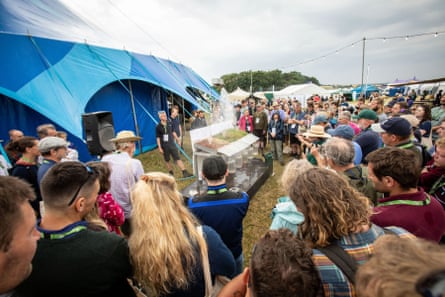
“When people feel that and see that change, that I think is how we counter the politics of the extremes, whether that’s the right with Reform or the left with what the Green party is turning itself into.”
Reed is one of the most experienced politicians in the cabinet – he recruited a young organiser called Morgan McSweeney during his time at Lambeth council and remains close to the man who is now his chief of staff and to Keir Starmer.
Reed said he wanted the environment department to be part of tackling that discontent and that the anger and distrust went beyond issues such as the cost of living crisis and public services, and was also a disgust at the deterioration of the public realm and the environment, such as whether people felt safe taking their children to swim in the sea without swallowing sewage.
He said he believed that reviving the delight people could take in rivers and seasides would go a long way towards restoring trust. “The issue was not just the yuck factor about sewage in the water. It became a metaphor for what has happened to our country,” he said.

“So people remembered when they were younger, you could go and splash about in the sea or go in the local river and you wouldn’t think twice.
“Whereas today, you take your children or grandchildren there and you worry about what contamination might be in there, or what illness they might get. And that says to you things have got worse, there’s been decline, degradation and that told people a big story about our country and where it was going.”
This was an issue that a Labour government could and would fix, he said. “We’ve taken all of the actions necessary to stop that problem, reverse it and stop it ever happening again in just 12 months. We can turn that into a story of renewal.”
He said there had been a disconnect in how politicians were able to relate to people about this frustration over the slow pace of change. “Normal people never talk about ‘delivery’. Delivery is what the postman does. We have to talk about them in the way that they talk … not just big strategies and big numbers. People need to perceive and experience this change.”
In the rhetoric from Starmer and Reeves about boosting growth and housing, nature has sometimes seemed like a dirty word – the prime minister and the chancellor have both attacked environmental protections as one of the root causes of the slow progress in housebuilding.
There has been a backlash from some Labour MPs on this issue – before the welfare rebellion, the biggest was 16 MPs voting for an amendment to add more protections to the planning and infrastructure bill.
Reed said there were still significant protections for nature under the planning bill, where developers will pay into a nature restoration fund that will go to Natural England. “That’s a much better way than doing it patch by patch because ecosystems operate at scale,” he said.
He suggested he regretted some of the more aggressive attacks on newts and bats as blockers to growth. “I think the language ran away with itself a little bit around some of that,” he said. “The bat tunnel [for HS2] cost £100m and didn’t save any bats.” But the planning bill would, he said, “secure the funding to genuinely support nature to recover at scale, while also promoting economic growth”.
Reed has perhaps his riskiest moment on the horizon – years of mismanagement of Thames Water have put the company on the brink of collapse and facing a potential costly temporary nationalisation.

Protests from farmers show no signs of dying down and there will be controversy, too, about the forthcoming land use framework, where farms in England could be incentivised to be taken entirely out of food production to make more space for nature.
But Reed said the nature part of his brief is where the government can show demonstrable change: the department has been reintroducing beavers into the wild, banned bee-killing pesticides, planted millions more trees – more than in the previous 20 years – announced a new national forest, funding to restore peatlands, a ban on bottom-trawling in marine-protected areas, and passed legislation this year to ratify the high seas treaty.
“This is all in one year,” Reed said. All of that will take time for the impacts to be felt. “As we get nearer to the next election, we’ll be able to point to things that have changed in the real world that people can see. And that will give them, I hope, the confidence to come out and re-elect a Labour government.”

 2 months ago
56
2 months ago
56
